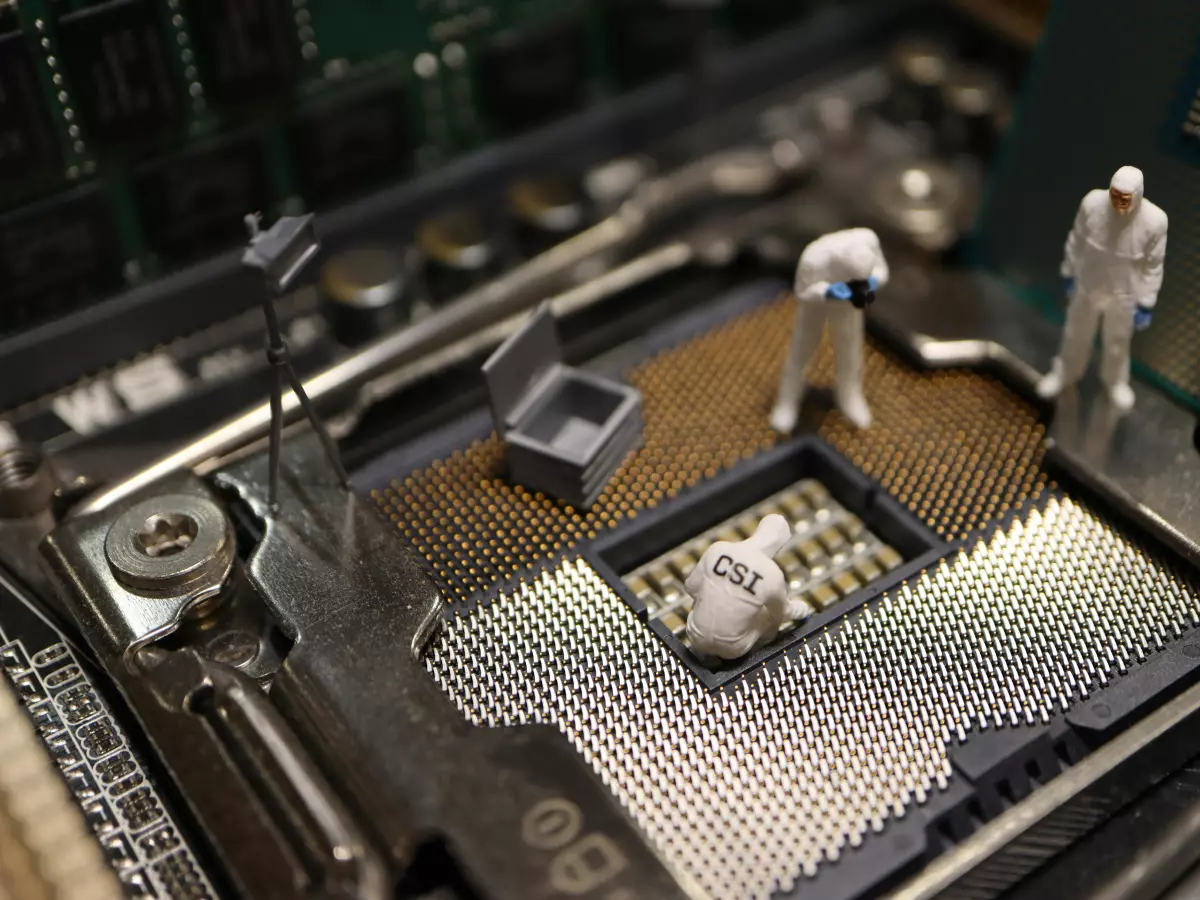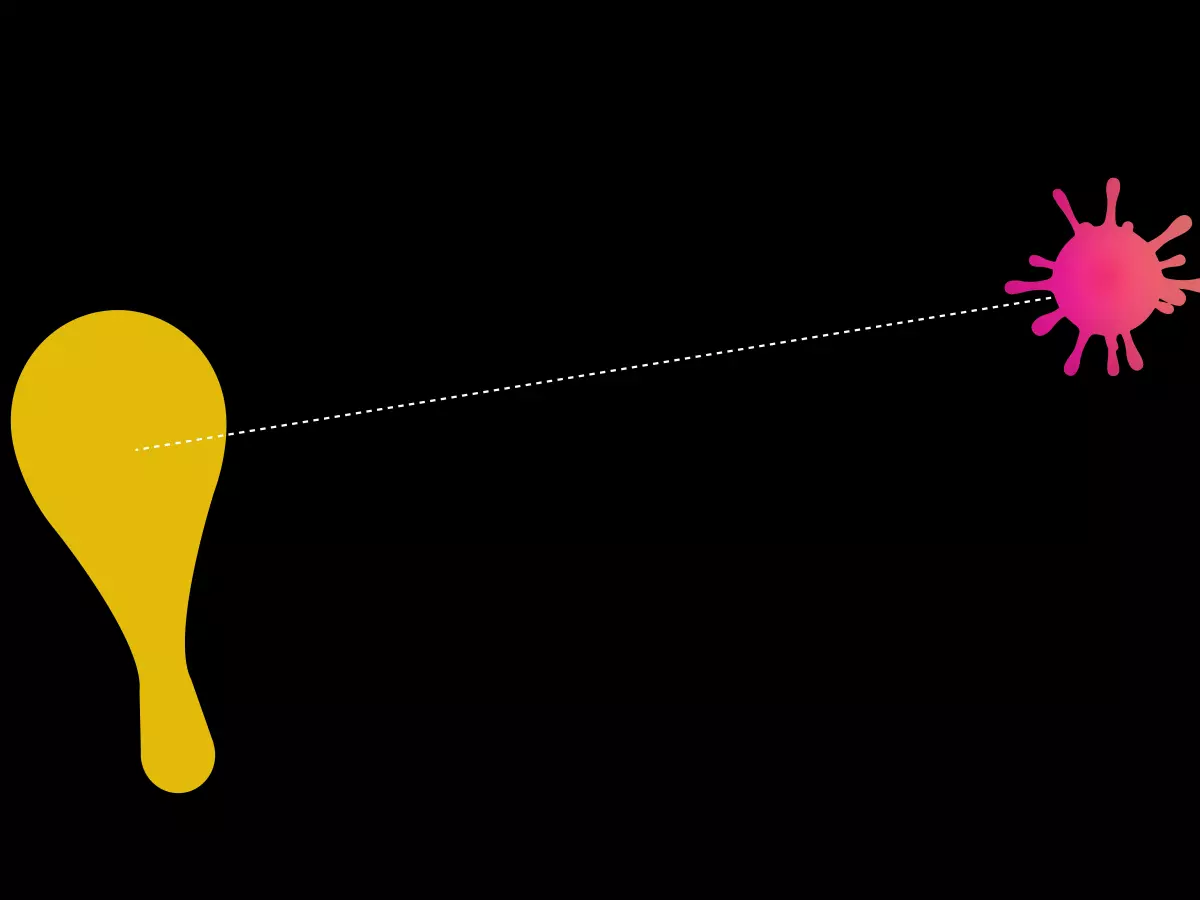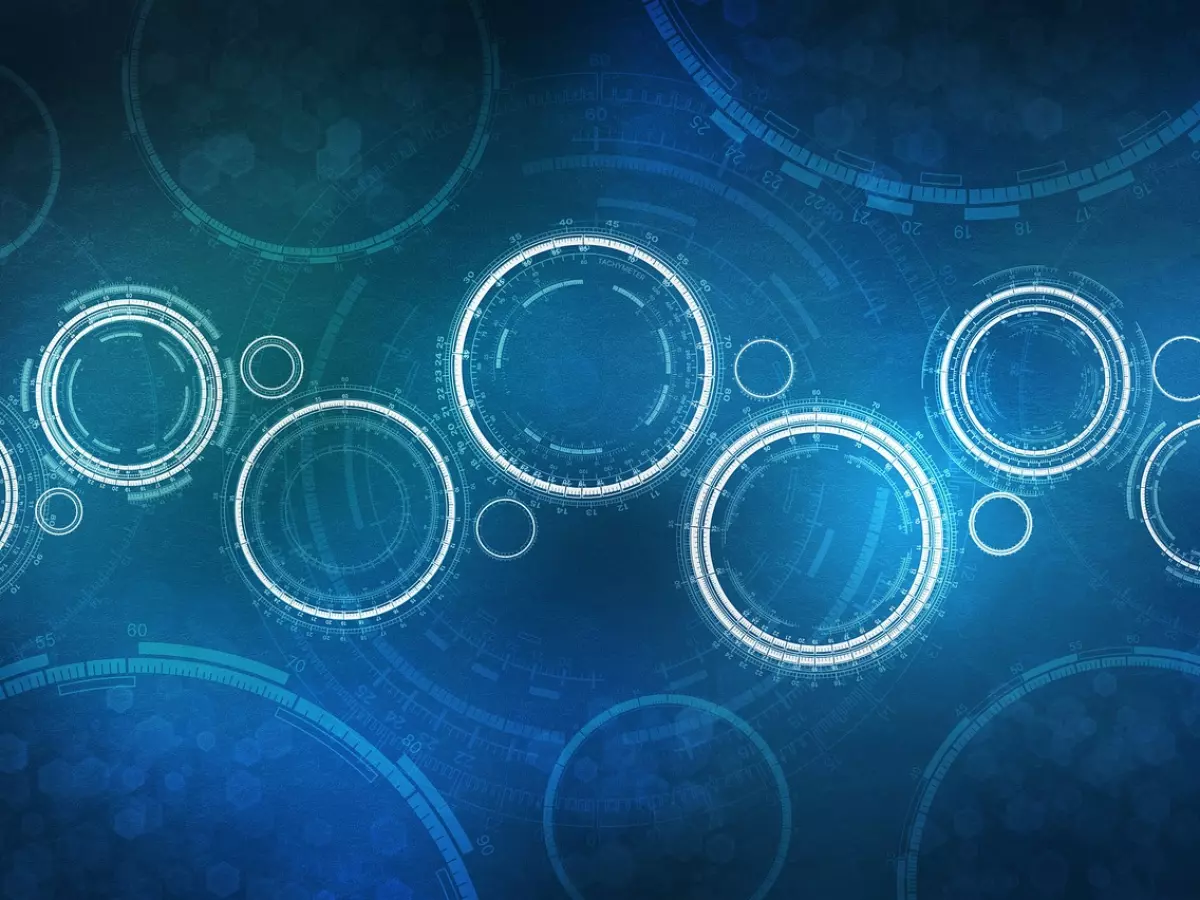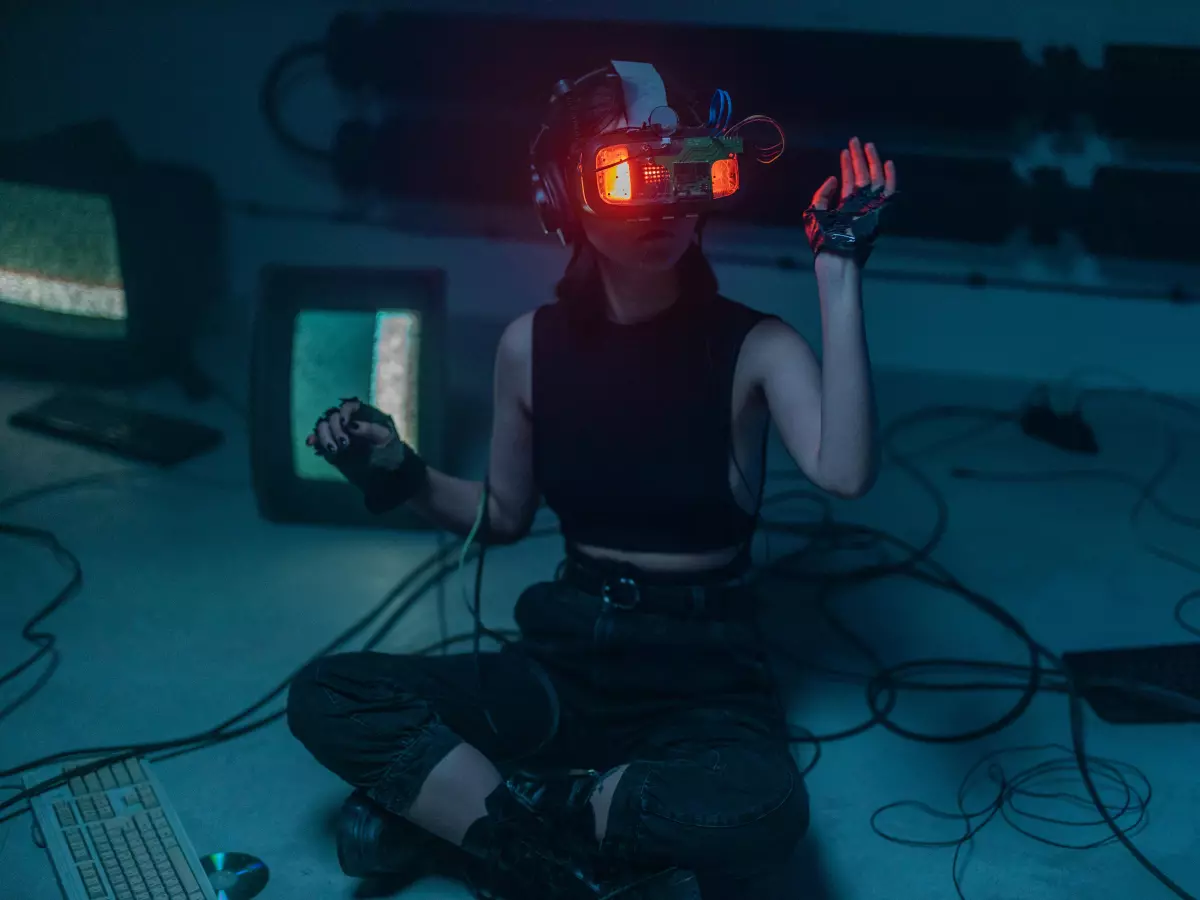Identity: The New Cyber Shield
Ever thought your identity could be the superhero cape your business needs? Well, buckle up, because it’s about to get real.
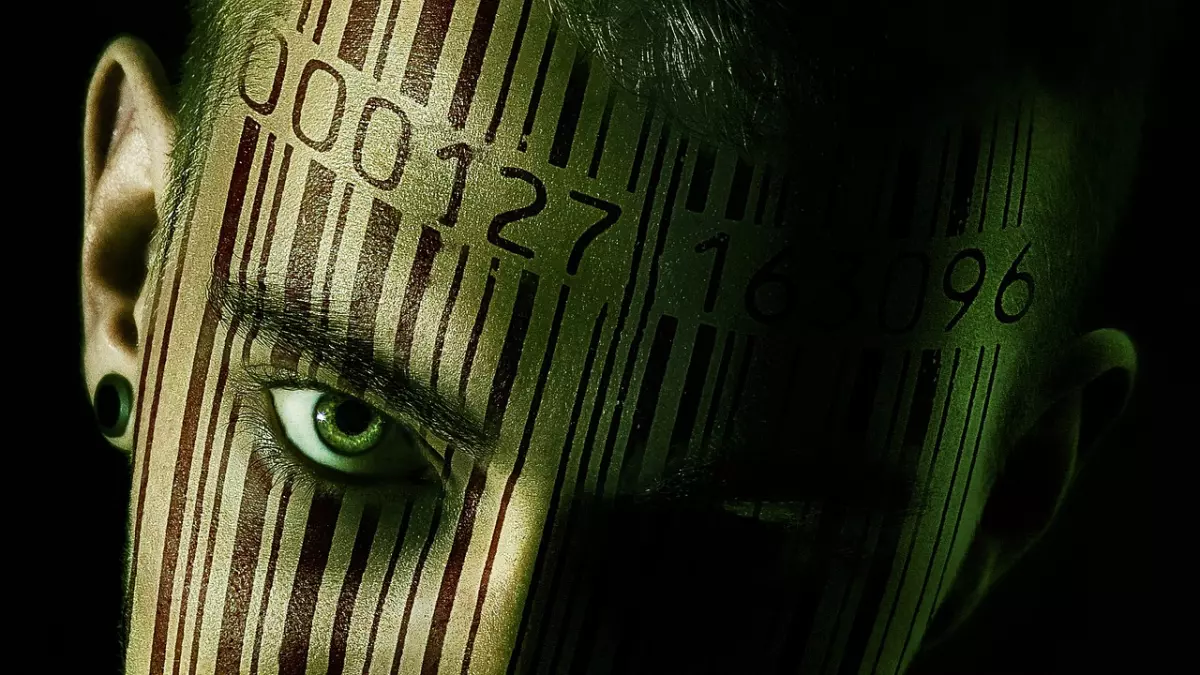
By Elena Petrova
In the ever-evolving world of cybersecurity, your identity is no longer just a password or a fingerprint. It's quickly becoming the cornerstone of how businesses protect themselves from the growing number of cyber threats. Think of it as the ultimate keycard—one that not only grants access but also secures the entire building. According to Darkreading, modernizing cybersecurity is all about creating a trusted environment around digital assets and devices, and your identity is at the heart of that transformation.
But why is identity so important now? Well, let’s start with the fact that cybercriminals are getting smarter—and lazier. Instead of trying to hack into systems through complex methods, they’re targeting the weakest link: us. Phishing attacks, social engineering, and good ol’ password cracking are all about exploiting human error. And let’s be honest, we’ve all reused a password or two (or ten). By focusing on identity, businesses can create a more secure, user-friendly environment that doesn’t rely on easily forgotten passwords or outdated security measures.
From Passwords to Biometrics: The Evolution of Identity
Remember the days when your password was just your dog’s name and your birth year? Yeah, those days are long gone. Today, identity verification has evolved into a multi-layered process that includes biometrics, multi-factor authentication (MFA), and even behavioral analytics. It’s like upgrading from a rusty bike to a Tesla—both get you from point A to point B, but one does it with a lot more style and security.
Biometrics, like fingerprint or facial recognition, are becoming more common, and for good reason. They’re much harder to fake than a password. But even biometrics aren’t foolproof. That’s where MFA comes in. By combining something you know (like a password) with something you have (like a phone) or something you are (like your fingerprint), MFA adds an extra layer of security that makes it much harder for hackers to break in.
Zero Trust: The Ultimate Identity-Based Strategy
Now, let’s talk about Zero Trust. No, it’s not the title of a new dystopian Netflix series (though it could be). Zero Trust is a cybersecurity model that assumes no one—inside or outside your network—can be trusted. It’s like having a bouncer at every door in your digital house, checking IDs and making sure no one’s sneaking in through the back.
Zero Trust is built around the idea that identity is the new perimeter. Instead of focusing on securing the network, businesses are focusing on securing the individual. Every user, device, and application is verified before being granted access, and even then, they’re only given the minimum amount of access necessary. It’s the ultimate “trust but verify” approach, and it’s quickly becoming the gold standard in cybersecurity.
The Role of AI in Identity-Based Security
And here’s where things get really interesting. Artificial intelligence (AI) is playing a huge role in identity-based security. AI can analyze user behavior in real-time, flagging any suspicious activity before it becomes a problem. For example, if you usually log in from New York but suddenly try to access your account from a café in Paris, AI can step in and ask for additional verification. It’s like having a digital bodyguard who’s always watching your back.
But AI isn’t just reactive—it’s proactive. It can predict potential threats based on patterns and trends, allowing businesses to stay one step ahead of cybercriminals. And with the rise of AI-driven attacks, like deepfakes and AI-generated phishing scams, having AI on your side is more important than ever.
What’s Next for Identity and Cybersecurity?
So, what’s the future of identity in cybersecurity? Well, we’re already seeing a shift towards passwordless authentication, where biometrics and MFA replace traditional passwords entirely. This not only makes systems more secure but also more user-friendly. After all, who wants to remember 37 different passwords?
We’re also likely to see more integration between AI and identity-based security. As AI continues to evolve, it will become even better at detecting and preventing threats, making identity the ultimate defense against cyberattacks.
In the end, your identity is more than just a login—it’s the key to modernizing cybersecurity and protecting your business from the ever-growing list of threats. So, next time you’re tempted to reuse that old password, remember: your identity is your first line of defense. Treat it like the superhero cape it is.
Stay tuned, because the next wave of cybersecurity innovation is just around the corner, and trust me, you won’t want to miss it.
